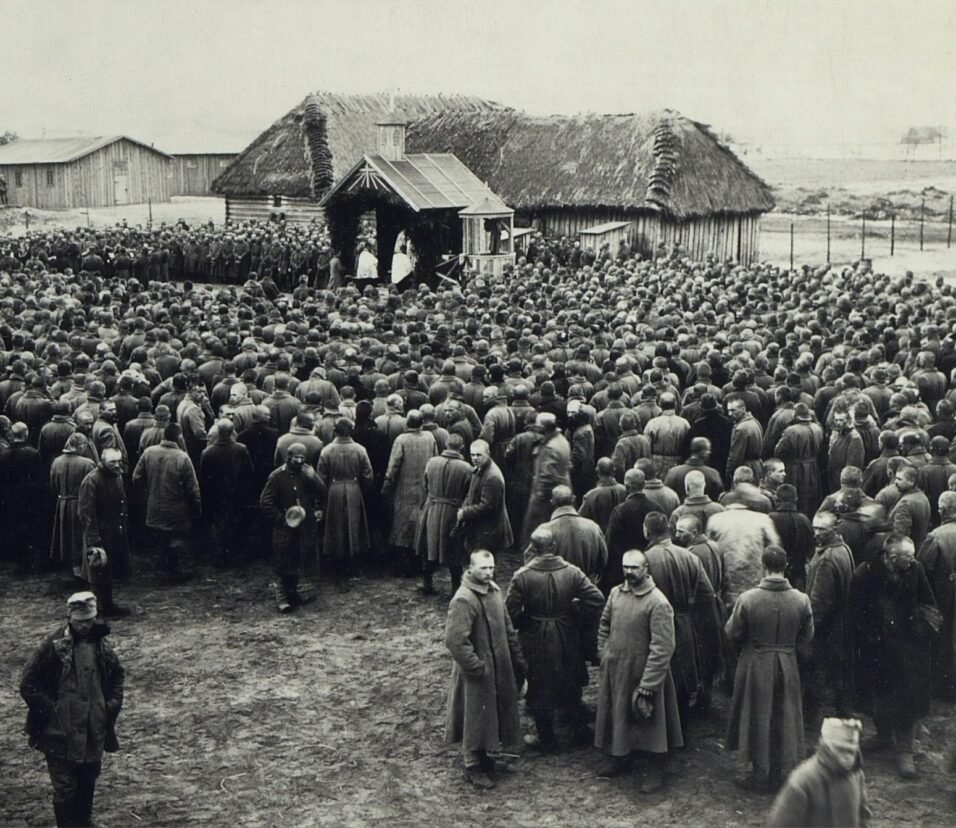President Lincoln’s Speeches & Proclamations
- by Peter salgado
- 0 Comments
- 201 Views
Abraham Lincoln, who served as the 16th President of the United States, is widely celebrated not just for his crucial leadership during a challenging era in American history but also for his exceptional skill in articulating the nation’s concerns and aspirations. Known for his outstanding abilities as a writer, speaker, and thinker even before his presidency, Lincoln’s talents shone brightly during the 1858 Senate debates against Stephen Douglas. His knack for presenting complex thoughts in a clear and thoughtful manner captured the attention of many, paving the way for his eventual triumph in the 1860 presidential election.
The Emancipation Proclamation:
One of President Abraham Lincoln’s most important actions was issuing the Emancipation Proclamation in 1862. This pivotal document dramatically shifted the course of the Civil War, transforming it from a struggle to preserve the Union into a moral crusade against slavery. The proclamation boldly declared the freedom of slaves in the Confederate states, marking a significant and influential step. Not only did it lay the groundwork for the eventual abolition of slavery in America, but it also reduced the likelihood of nations like France and England backing the Confederacy, altering international perceptions of the conflict.
The Gettysburg Address:
In November 1863, at the Soldiers’ National Cemetery’s dedication in Gettysburg, Pennsylvania, Abraham Lincoln delivered the Gettysburg Address, one of his most renowned speeches. Despite its brevity, the speech profoundly touched the heart and soul of America. In just a few brief moments, Lincoln managed to encapsulate the essence of the Civil War and the spirit that defines America. He paid tribute to the soldiers who sacrificed their lives at Gettysburg, simultaneously reminding everyone of the foundational principles upon which the United States was established.
The Second Inaugural Address:
Following his re-election, President Abraham Lincoln delivered his second inaugural address in March 1865, just weeks before the official conclusion of the Civil War. In this address, he expressed his vision for post-war America, emphasizing the urgent need to mend and unify a nation deeply wounded by extended conflict. He appealed to all to demonstrate compassion and collaborate towards enduring peace.
Lincoln’s Mastery of Rhetoric:
Abraham Lincoln’s talent for connecting with others through his speeches went beyond just his skillful use of language. It showed his profound grasp of the human heart and the core values of America. His speeches did more than just provide information or convince others; they aimed to heal, bring hope, and encourage unity during times when the country was deeply divided.
The Power of Simplicity and Clarity
- Lincoln’s speeches stood out for being clear and straightforward. He could explain complicated ideas in simple terms that everyone could understand. This style helped bridge the gap between him as a leader and the general public, ensuring that his messages connected with a wide range of people.
Addressing the Nation’s Conscience
- In his speeches, Lincoln frequently focused on the core moral problem of the Civil War, which was slavery. He took these opportunities to ponder on the ethical principles of the country, urging people in both the North and the South to truly embrace the values of freedom and equality.
A Leader’s Empathy and Compassion
- During his time as President, Lincoln’s speeches were filled with empathy and kindness. He recognized the great sacrifices the American people endured throughout the Civil War and aimed to offer comfort and a hopeful outlook for the future.
Lincoln’s Speeches as Tools for Unity and Reconstruction
Lincoln’s speeches served as powerful instruments for both guiding the nation during the Civil War and setting the stage for the rebuilding and healing process afterward.
The Gettysburg Address:
- In his Gettysburg Address, Lincoln recalled the principles of the Founding Fathers and the Declaration of Independence. He highlighted the idea of the United States as one united country, describing it as a “new birth of freedom.”
The Second Inaugural Address:
- Lincoln’s second inaugural address is widely regarded as a call for reconciliation. In this speech, he discussed the collective responsibility for the tragedy of slavery and emphasized the importance of showing compassion and humility, whether in triumph or loss.
The Role of Speeches in Post-War Healing
- Lincoln’s speeches established the mood for the period after the war. Rather than focusing on victory, they centered on healing, fostering understanding, and reconstructing the United States as a united country.
Conclusion:
Abraham Lincoln’s speeches and proclamations are fundamental parts of American history and its principles. They show how powerful words can be in guiding a country through tough times, mending its divides, and motivating people across different eras. Lincoln’s lasting influence, reflected in his speeches, still resonates today, reminding us of the timeless values of democracy, freedom, and togetherness. His words continue to serve as a guiding light, helping the nation navigate its challenges and leading the way toward a more united and ideal America.







